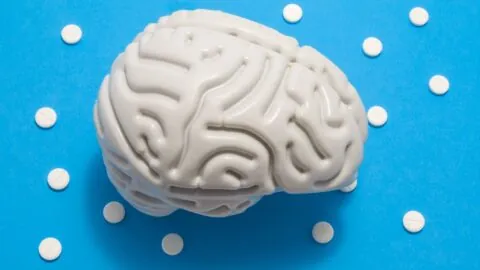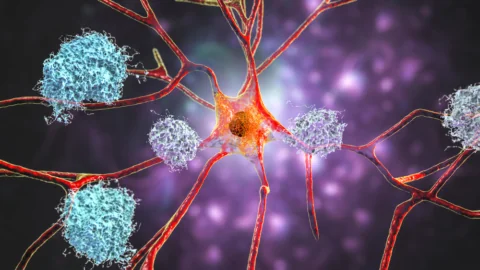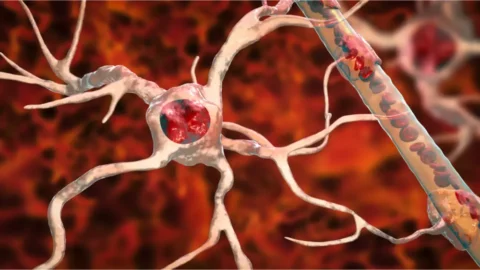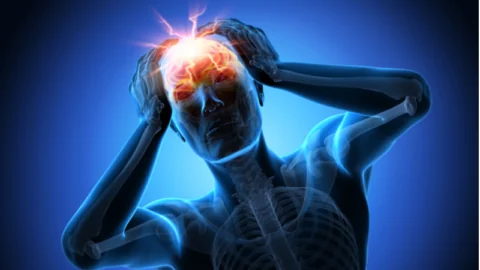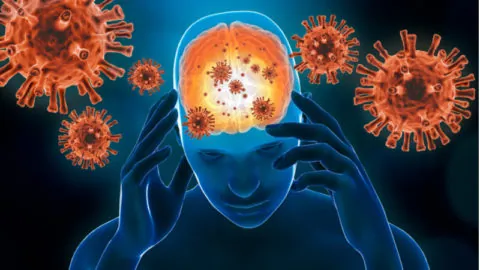February 08, 2024
A recent paper published in Immunity has described the accumulation of exhausted microglia in the brains of people who are vulnerable to Alzheimer's, potentially spurring and worsening the disease. Proteostasis and inflammation Why we Age: Loss of ProteostasisThe loss of proteostasis is the failure of the protein building machinery of the cell and the accumulation...
January 15, 2024
A new paper elaborates on how and why microglia fail to clean up the α-synuclein protein of Parkinson's disease, gradually making the disease worse. The aggregation of Parkinson's Why we Age: Loss of ProteostasisThe loss of proteostasis is the failure of the protein building machinery of the cell and the accumulation of misfolded proteins, which...
August 14, 2023
In a study published in Cell Stem Cell, researchers have investigated a way to repopulate the brain with functional cells in order to fight back against Alzheimer's disease. A gene with a microglial function Various allelles of the apolipoprotein E (APOE) genes are well-known for their contributions to, or defenses against, Alzheimer's, as they affect...
May 17, 2023
Publishing in Aging, a team of Chilean researchers has described a relationship between gene shifts in the brain and neurons not getting the energy they need. Greedy glia BrainThe brain is perhaps the most important organ in the body. While many organs are critical to our survival, the brain contains the self. It is responsible...
September 19, 2022
In the Journal of Inflammation, researchers from Johns Hopkins University have published a detailed review of the relationship between brain inflammation and the principal diseases of dementia. A focus on genetics and environment One out of twenty Americans over 85 have Parkinson's disease [1], and seven out of twenty have Alzheimer's [2]. While genes are...
July 15, 2022
Researchers have shown that even mild SARS-CoV-2 infection can cause lingering neurological symptoms. These findings might shed light on the infamous "long COVID" [1]. Mild doesn't mean harmless COVID survivors sometimes experience cognitive symptoms, such as “brain fog”, that can linger for months. Those symptoms can be debilitating, affecting work performance and learning, and they...

